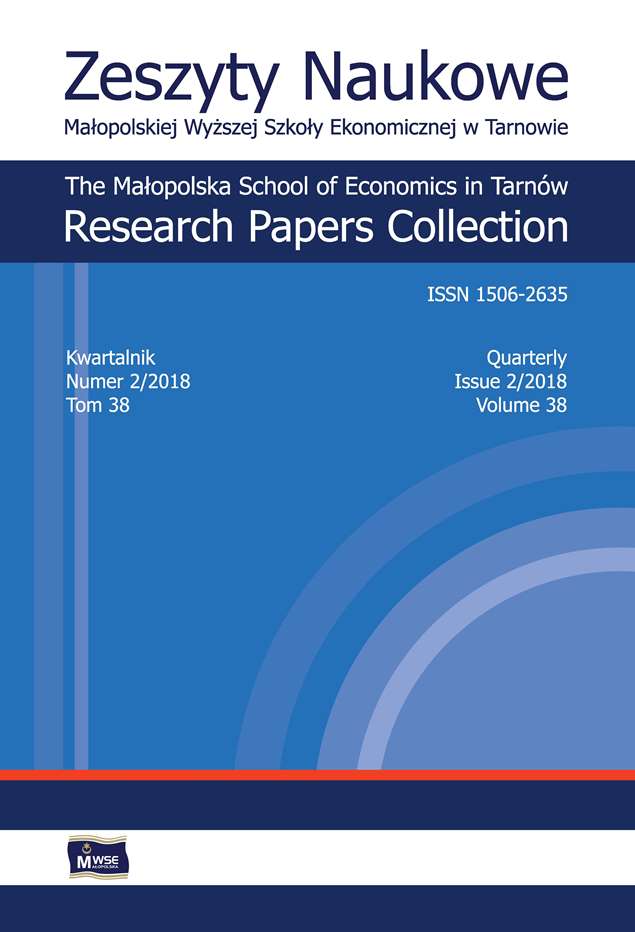Abstract
The main goal of the work is to identify the factors that optimize the energy consumption in service organizations. The article has been based on the results of the observation of service organizations from the automotive industry. The author has formulated the concept of conscious energy management in service organizations on the basis of selected requirements constituting the content of the ISO 50001:2011 Standard. It is shown in the paper that the problem of supervised energy consumption has been gaining more importance lately because of the fact that natural resources of energy are getting smaller. In some cases, the implementation of supervised (and/or systematic) energy management system is related to facilitating compliance with legal requirements. Often, energy management makes it possible to increase the company’s profit. It has been shown that simple operations such as the identification of the place of energy consumption, the installation of automatic device switches and the analysis of the costs of energy bills saves energy consumption. The organization costs are reduced when energy consumption is taken into account during the management. It turns out that incorporation of only selected requirements of the ISO 50001:2011 Standard into a general concept of service organization management improves energy management.
References
Javied, T., Rackow, T., Franke, J. (2015). Implementing Energy Management System to Increase Energy Efficiency in Manufacturing Companies. Procedia CIRP, 26, 156–161.
View in Google Scholar
Koszarek-Cyra, A. (2016). Systemy zarządzania energią jako narzędzie wspierające proces racjonalizacji zużycia energii w organizacjach. Zeszyty Naukowe Politechniki Częstochowskiej. Zarządzanie, 22, 210–217.
View in Google Scholar
Levemore, G. (2002). Building Energy Management Systems: An Application to Heating, Natura Ventilation, Lighting and Occupant Satisfaction. 3rd ed. London: Taylor & Francis. ISBN 0203477340.
View in Google Scholar
PN-EN ISO 50001:2012 Systemy zarządzania energią. Wymagania i zalecenia użytkowania.
View in Google Scholar
PN-EN ISO 9001:2015 Systemy zarządzania jakością. Wymagania.
View in Google Scholar
Sikora, T., Ząbek, J. (2011). Refleksje nad jakością w odniesieniu do wybranych aspektów praktycznych. Zarządzanie Jakością, 4, 21–29.
View in Google Scholar
Swisher, J.N. (2005). Cleaner Energy, Greener Profits: Fuel Cells as Cost-Effective Distributed Energy Resources. Snowmass, CO: Rocky Mountain Institute.
View in Google Scholar
Szczepaniak, K. (2014). System zarządzania energią w warunkach zrównoważonego rozwoju. Zarządzanie i Finanse. Journal of Management and Finance, 12(4), 389–405.
View in Google Scholar
The ISO Survey. (2017). [online, dostęp: 2018-01-20]. Geneva: International Organization for Standardization. Dostępny w Internecie: https://www.iso.org/the-iso-survey.html.
View in Google Scholar
Ząbek, J. (2016). Idee zrównoważonego rozwoju i ergonomii w działalności regulowanej umowami nienazwanymi. Zeszyty Naukowe Małopolskiej Wyższej Szkoły Ekonomicznej w Tarnowie, 29(1), 71–83.
View in Google Scholar
© Copyright by Małopolska School of Economics in Tarnów. The articles are available under the Creative Commons Attribution NonCommercial-NoDerivatives 4.0 International License


